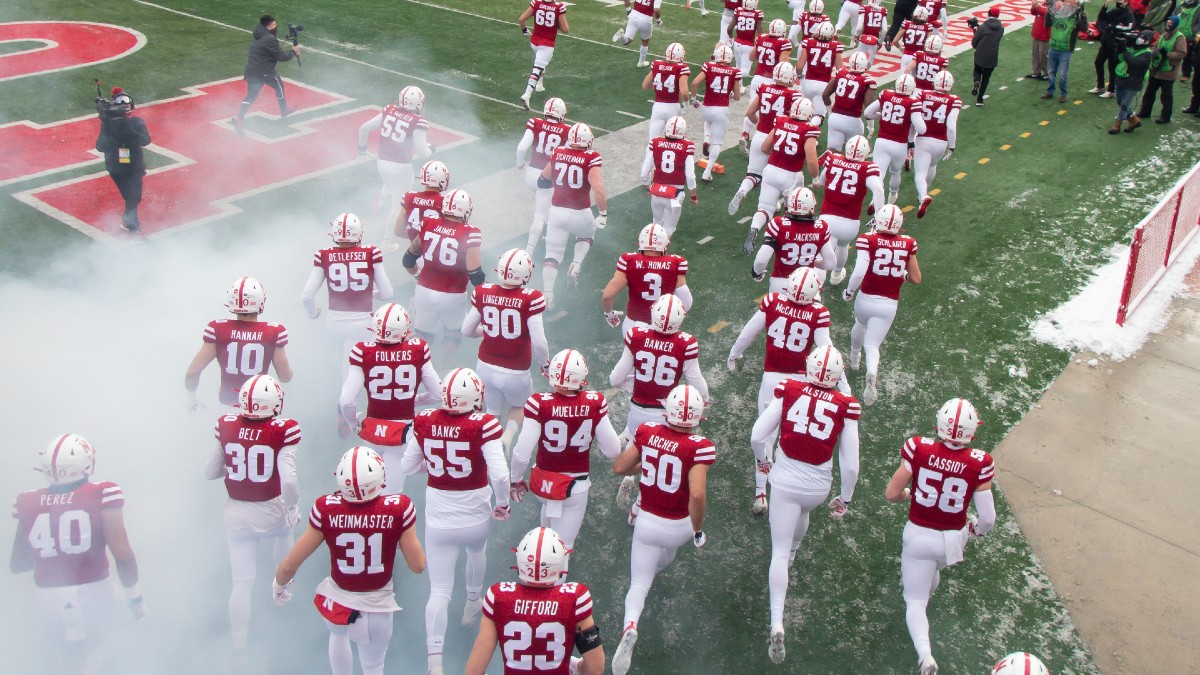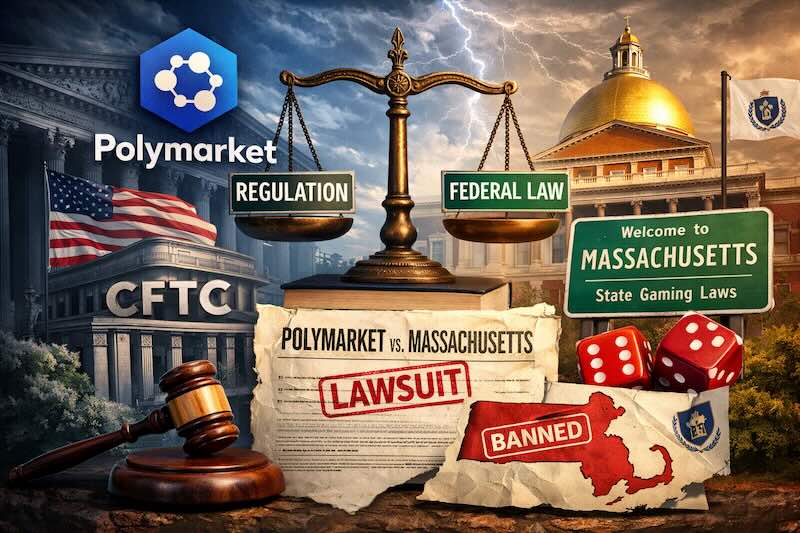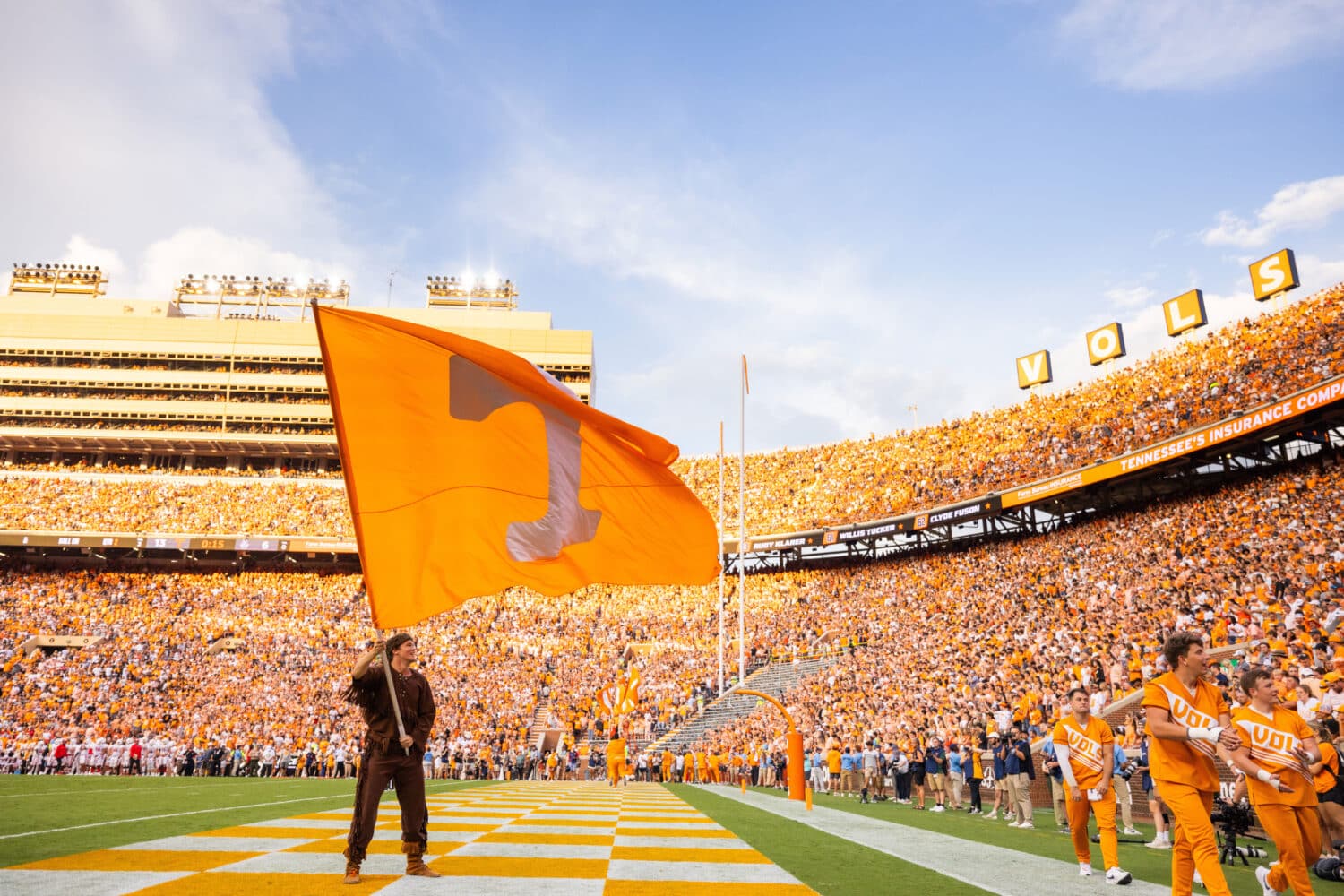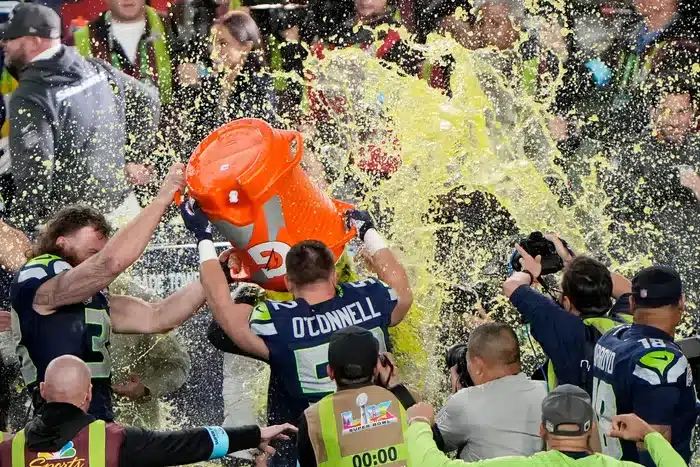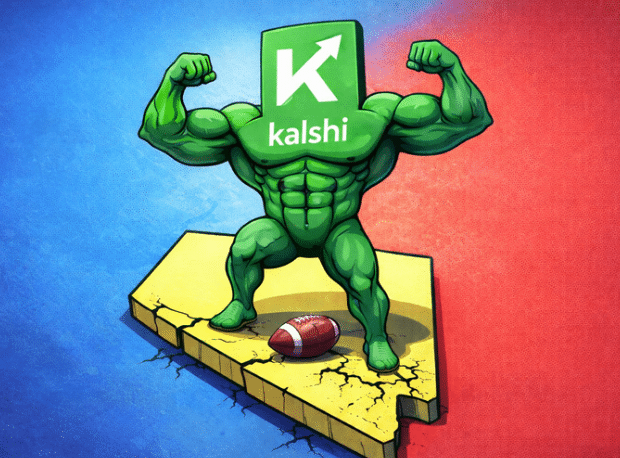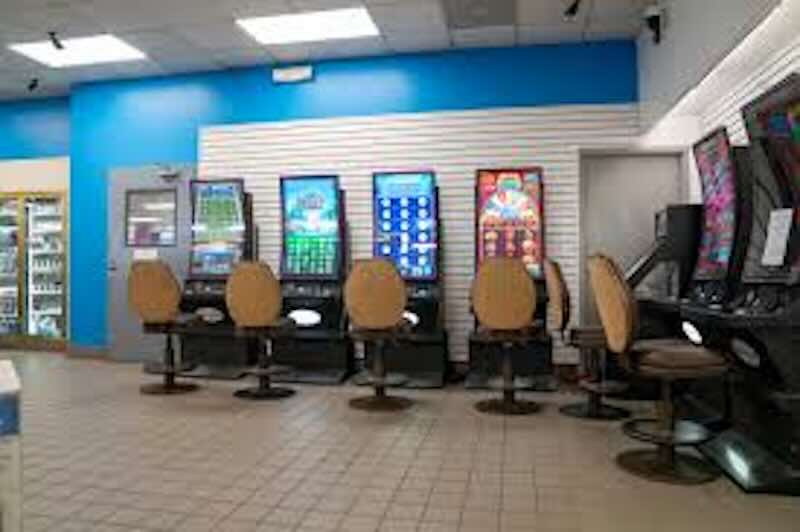
NCAA comments on prop bets and wagering penalties for student athletes
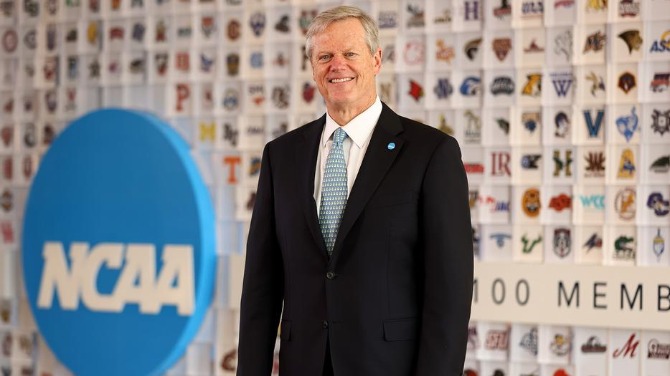
President Charlie Baker fears the specificity of prop bets could pressure college players; while players will receive lesser suspensions for betting on other teams.
National Collegiate Athletics Association (NCAA) President Charlie Baker has released comments on “prop” bets, as well as new rules regarding penalties for college athletes betting on teams at their schools. Baker has shown concern overall for the effect legal sports wagering has had on college sporting integrity.
Baker told CBS News, “I think prop betting in some respect is one of the parts I worry about the most.” In these wagers, people can bet on an individual play associated with a specific player; prop bets are currently legal in at least eight states.
During Baker’s previous role as Governor of Massachusetts, he was in favor of legalizing sports wagering in the state, but had been in opposition of betting on college-level athletes and sports. Prop bets, such as a wager that an individual player will miss a shot, could potentially put undue pressure on students playing, according to Baker.
The NCAA is now in collaboration with gaming firms to support legislation around creating a “prohibited bettors list,” which would protect players from bettors who have previously harassed coaches or players in the past. Harassment has led to not only potentially worrying bets, but also to necessary police guardianship of NCAA athletes at championship events last spring.
In October the organization pushed for updated state sports wagering laws, and in September the NCAA showed an increase in sports wagering issues while four University of Iowa athletes pleaded guilty to underage betting charges.
Punishment guidelines for athletes placing their own bets, however, have been revised and eased. Earlier rules resulted in a player losing their eligibility to play if found betting on other NCAA sports, but now a one-year suspension will occur.
Athletes who bet on their own sport at another college can lose 50% of a season, or up to 30% of a season for betting on a different sport. Players are still not permitted to wager on their own teams — this results in permanent ineligibility to play.
Baker said, “The challenge for us is going to be to do everything we can to educate student athletes and schools, so that people get a sense about what they need to do to stay out of trouble. And just as importantly, that if they do engage in some of this activity, it’s gonna get discovered and it’s gonna get discovered quickly.”
Mid-American Conference (MAC) Commissioner Jon Steinbrecher also stated, “To be clear, Division I members do not encourage student-athletes to engage in sports wagering at any level, and the actions to modify reinstatement conditions should not be interpreted as support for wagering behaviors.”
Tags/Keywords
Players trust our reporting due to our commitment to unbiased and professional evaluations of the iGaming sector. We track hundreds of platforms and industry updates daily to ensure our news feed and leaderboards reflect the most recent market shifts. With nearly two decades of experience within iGaming, our team provides a wealth of expert knowledge. This long-standing expertise enables us to deliver thorough, reliable news and guidance to our readers.

